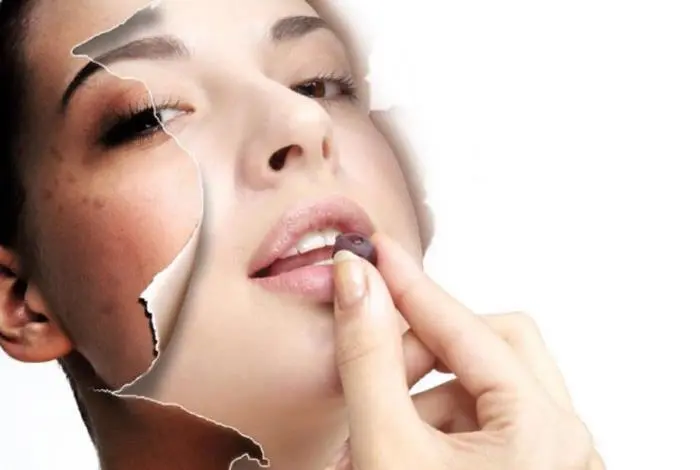Diet is not only fundamental for overall health but also plays a crucial role in skin regeneration. As the largest organ in the body, the health of the skin is directly influenced by dietary choices. A balanced diet can provide the necessary nutrients for skin repair and renewal, maintaining youthful and vibrant skin. Conversely, poor dietary habits may accelerate skin aging and contribute to various skin issues. Understanding the impact of diet on skin regeneration can help in creating more effective skincare strategies.

1. Protein: The Foundation of Skin Regeneration

Protein is a key component of skin cells and plays a critical role in skin repair and regeneration. Collagen and elastin, which are essential for maintaining skin firmness and elasticity, are composed of amino acids derived from dietary protein. High-quality protein sources such as fish, eggs, legumes, nuts, and lean meats not only provide the amino acids necessary for skin health but also promote the production of collagen, supporting the skin’s regeneration and repair processes.
2. Vitamins and Antioxidants: Protecting and Promoting Skin Regeneration

Vitamins and antioxidants act as protectors in the skin regeneration process. Vitamin C is crucial for collagen synthesis, aiding in the repair of damaged skin tissue and accelerating wound healing. Foods rich in vitamin C include citrus fruits, strawberries, kiwi, and bell peppers. Vitamin E, a potent antioxidant, helps protect skin cells from damage caused by free radicals and slows down the aging process. Nuts, seeds, and green leafy vegetables are excellent sources of vitamin E.

Additionally, vitamin A is vital for skin cell differentiation and regeneration. Foods high in beta-carotene, such as carrots, sweet potatoes, and leafy greens, can be converted into vitamin A in the body, supporting healthy and smooth skin.
3. Healthy Fats: Maintaining Skin Barrier Function

Healthy fats, particularly omega-3 fatty acids, are essential for maintaining the skin’s barrier function. The skin barrier is the first line of defense against external damage, and omega-3 fatty acids help maintain skin moisture balance, preventing dryness and inflammation. Fish (such as salmon and sardines), flaxseed oil, and walnuts are excellent sources of omega-3 fatty acids. Incorporating these healthy fats into the diet can enhance the skin’s moisture retention and support normal cell function, promoting skin regeneration.

4. Sugars and Processed Foods: Adversaries to Skin Regeneration

High sugar intake and excessive consumption of processed foods can negatively impact skin regeneration. A diet high in sugar can lead to elevated blood sugar levels, which in turn triggers glycation, damaging the structure of collagen and elastin and resulting in loose, less elastic skin. Additionally, sugar can exacerbate inflammatory responses, contributing to acne and other skin issues. Processed foods often contain trans fats, excessive salt, and additives, which can disrupt skin metabolism and hinder cell regeneration and repair.

Conclusion

The influence of diet on skin regeneration is significant. Consuming foods rich in protein, vitamins, antioxidants, and healthy fats can effectively support the skin’s regeneration process, maintaining its youthfulness and health. At the same time, limiting the intake of high-sugar and processed foods is crucial for sustaining skin vitality and radiance. By combining a scientifically sound diet with comprehensive skincare practices, the skin’s regenerative capacity can be maximized, revealing a healthier and more beautiful complexion.

